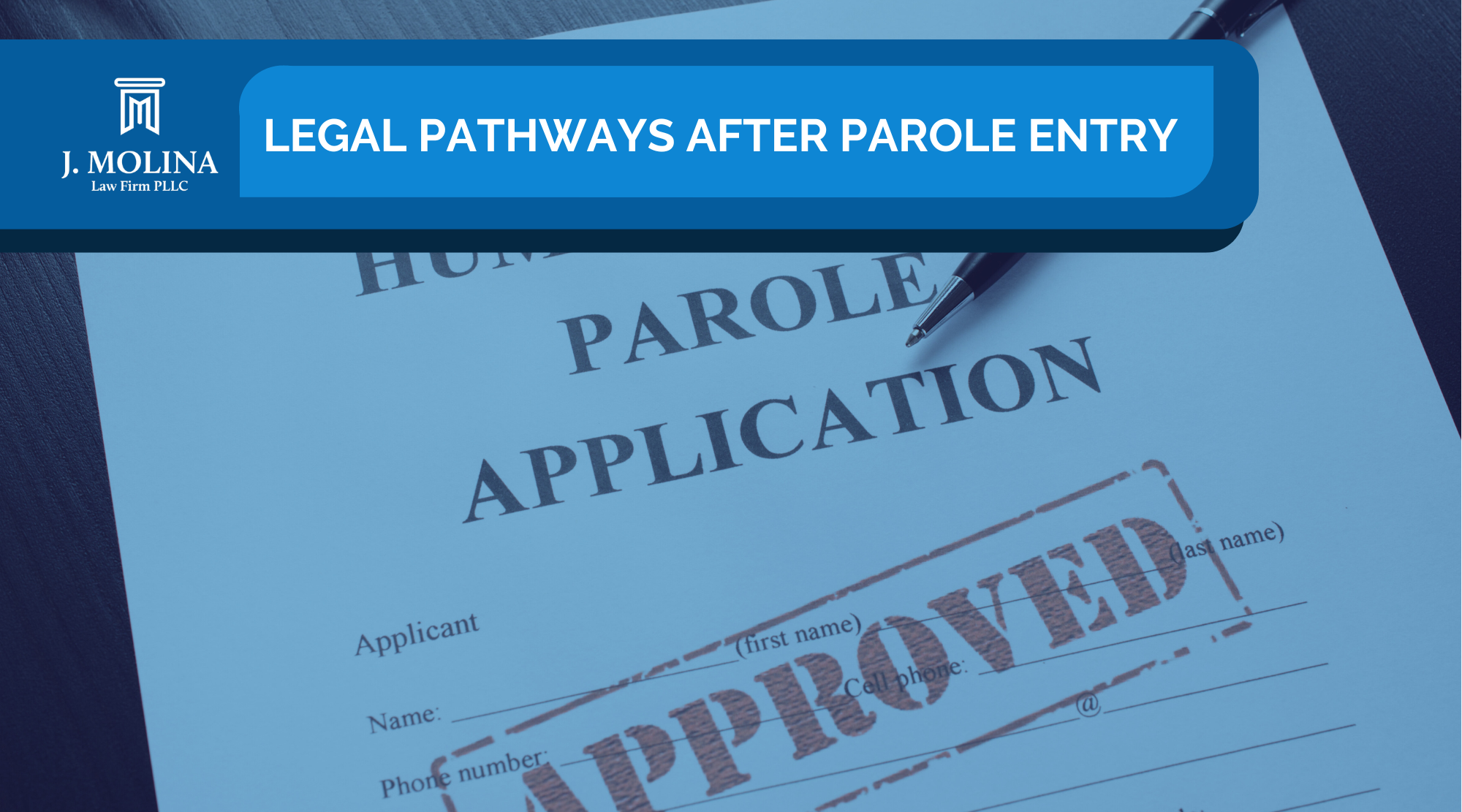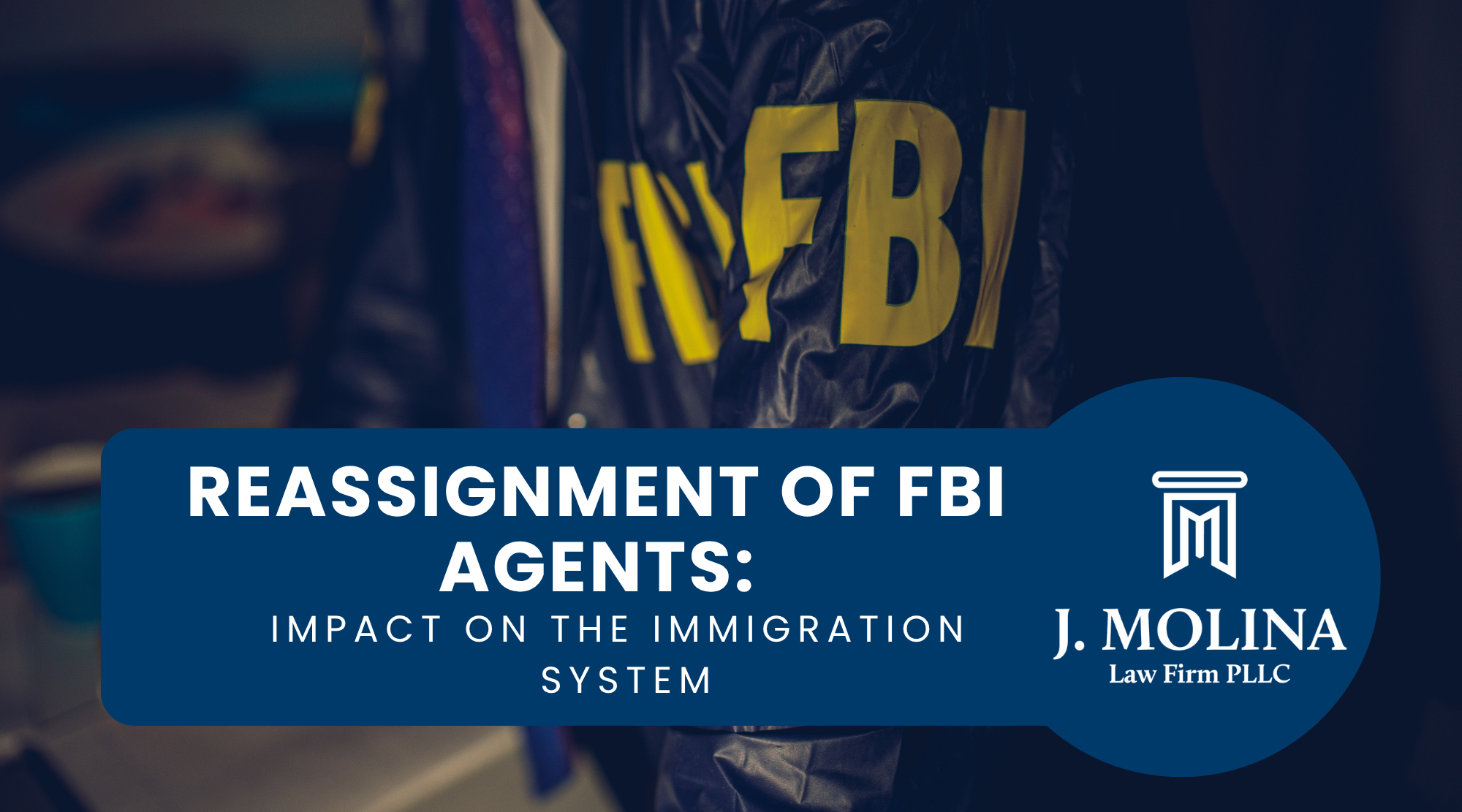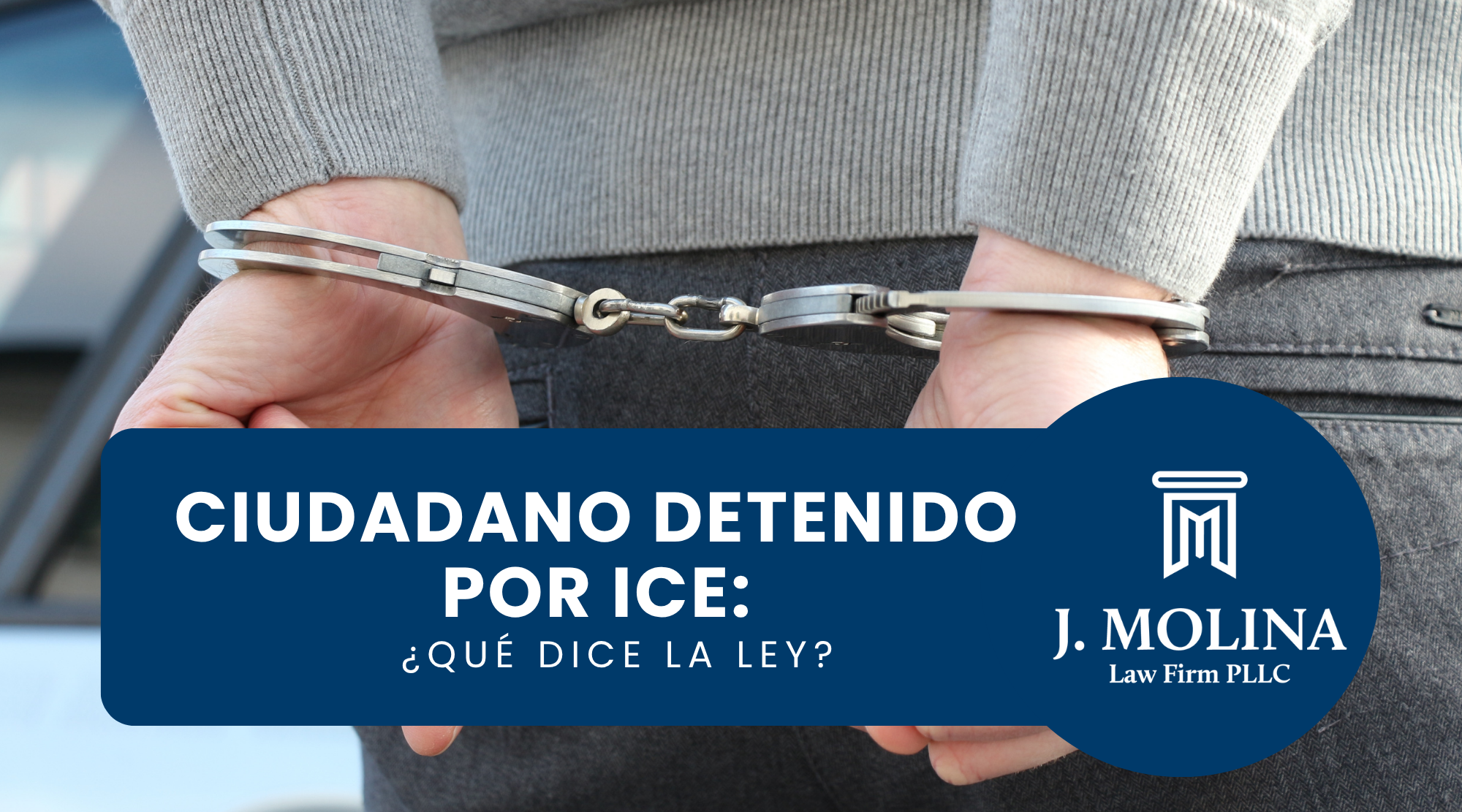Entering the United States with humanitarian parole can be a vital lifeline for individuals facing urgent humanitarian situations or significant public benefit issues. But what happens next? Here’s a guide to understanding your options and rights after entering the U.S. with humanitarian parole.
What Happens After You Enter the U.S. with Humanitarian Parole?
Humanitarian parole allows you to enter the U.S. for a temporary period due to urgent humanitarian reasons or a significant public benefit. Once you arrive in the U.S., your immediate concerns might include finding housing, accessing healthcare, and understanding your legal status. It is essential to know that humanitarian parole is not an immigration status; it’s a temporary measure, usually given for a specific period determined by the Department of Homeland Security (DHS).
Can You Work in the U.S. with Humanitarian Parole?
The ability to work in the U.S. with humanitarian parole is possible, but it’s not automatic. To work legally, you must apply for and receive an Employment Authorization Document (EAD), also known as a work permit. This permit is necessary for you to legally accept employment in the U.S. and can be applied for through U.S. Citizenship and Immigration Services (USCIS). It’s recommended to apply for your work permit as soon as possible after entering the U.S. to avoid any delays.
How Long Can You Stay on Humanitarian Parole?
The duration of your stay in the U.S. under humanitarian parole is typically defined by the DHS at the time of entry and can vary based on individual circumstances. Parole is often granted for a period ranging from a few months to one year, and extensions are possible but not guaranteed. It’s crucial to monitor your parole end date and seek legal advice if you need an extension to avoid any issues with your stay.
Can You Get a Green Card with Humanitarian Parole?
Obtaining a Green Card (permanent residency) directly through humanitarian parole is not possible, as humanitarian parole does not confer immigration status. However, you might be eligible to adjust your status to a permanent resident if you meet certain criteria through other immigration pathways. For instance, you might qualify through family sponsorship, employment, or asylum if you meet the eligibility requirements. Consulting with an immigration attorney can help determine the best pathway for your situation.
Do you Need Assistance?
Handling an immigration process can be overwhelming. At J. Molina Law Firm, we specialize in helping individuals understand their legal options and find the best path forward. Contact us today to schedule a consultation and let us guide you through your immigration journey.



